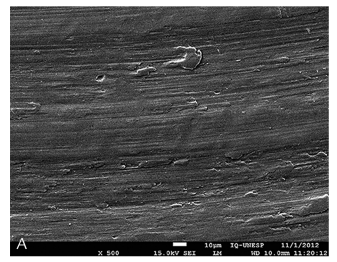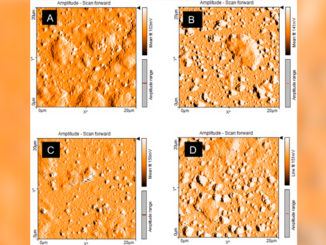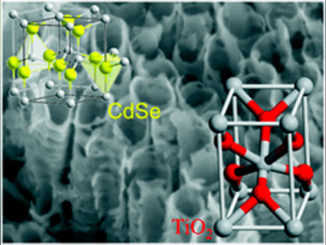
Structural and quantitative analysis of a mature anaerobic biofilm on different implant abutment surfaces
Abstract: Statement of problem. The longevity of dental implants depends on the absence of inflammation in the periimplant tissue. Similar to teeth, pathogenic bacteria can adhere on implant abutment surfaces and cause periimplant disease and consequently implant loss.
Purpose. The purpose of this in vitro study was to evaluate the influence of physical and chemical properties of 2 common materials used as implant abutments, titanium (Ti) and zirconia (ZrO2), and the use of bovine enamel (BE) as a positive control on biofilm formation.
Material and methods. Biofilm formation was analyzed by growing Porphyromonas gingivalis and Fusobacterium nucleatum as monospecies and mixed species biofilms on the surfaces. The mean roughness (Ra) and surface free energy were evaluated for each material. Mature biofilm, formed after 7 days of incubation, was analyzed quantitatively and qualitatively by colony-forming unit and confocal laser scanning microscopy.
Results. The mean roughness in all disks was <= 0.21 mu m and did not affect the bacterial adhesion. Titanium showed a greater degree of hydrophilicity compared with BE after 90 minutes of immersion in saliva. The surface free energy did not show differences, with the highest values for BE. Monospecies biofilms formed by P. gingivalis on Ti, and mixed species biofilm on ZrO2 exhibited small numbers of cells on disk surfaces. By confocal imaging, the mixed species biofilm appeared as a thin layer on ZrO2 surfaces.
Conclusions. Material surfaces could have a significant impact on biofilm formation. ZrO2 implant abutment surfaces showed a decrease in anaerobic biofilm compared with Ti and BE.
Author(s): de Avila, ED; Avila-Campos, MJ; Vergani, CE; Spolidorio, DMP; Mollo, FD
JOURNAL OF PROSTHETIC DENTISTRY
Volume: 115 Pages: 428-436 Published: APR 2016
DOI: 10.1016/j.prosdent.2015.09.016




